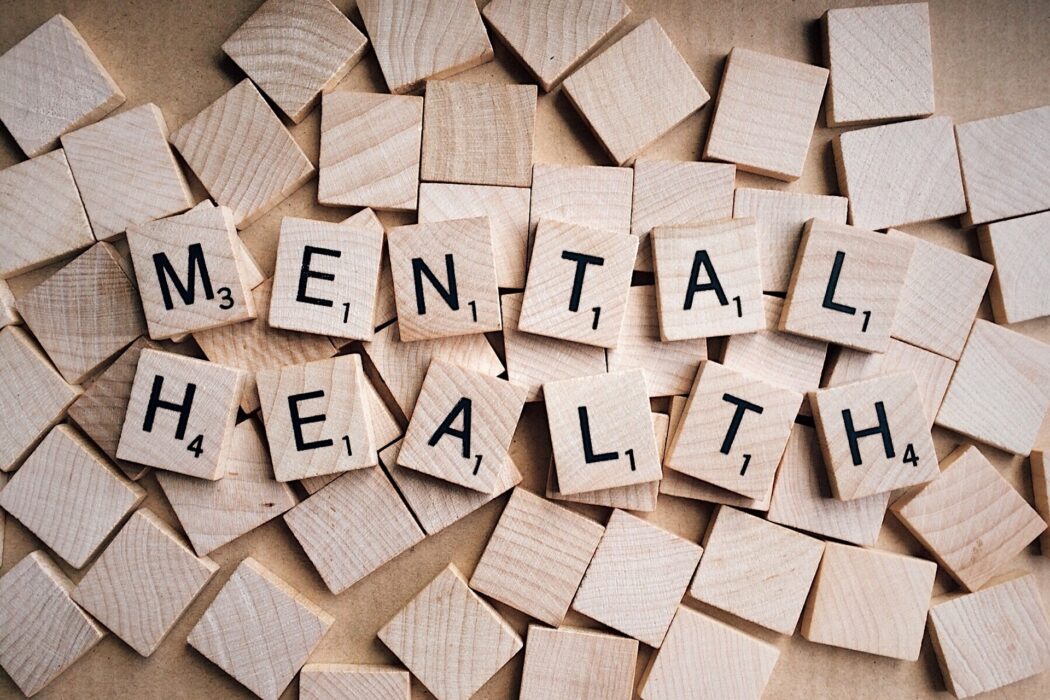Hey there, mama! Pregnancy and motherhood are undoubtedly beautiful experiences, but they come with their own set of challenges—physically and emotionally. As much as we focus on the physical aspects of pregnancy and motherhood, mother mental health often doesn’t get the attention it deserves. Your mental health during and after pregnancy is just as important as your physical health, and it can directly affect not only your well-being but also your baby’s development.
Let’s talk about mother mental health, why it’s so important, what to look out for, and how to take care of yourself during this incredible (yet often exhausting) journey.
What is Mother Mental Health?
Mother mental health refers to a woman’s emotional and psychological well-being during pregnancy, childbirth, and the postpartum period. It’s not just about how you feel in the moment—it’s about the impact your mental health can have on your overall quality of life and your child’s development.
A lot of women experience mood changes, anxiety, or stress as they navigate the challenges of pregnancy and motherhood. That’s completely normal! But sometimes, these feelings can become more intense and persistent, leading to mental health conditions that need attention.
Why is Mother Mental Health Important?
Mother mental health plays a critical role in the well-being of both the mother and the baby. If you’re feeling mentally well, it positively impacts your ability to care for yourself, your baby, and to bond with your little one. But when your mental health is struggling, it can affect everything from your daily activities to your relationship with your baby and partner.
Here’s the kicker: Untreated mother mental health issues can affect your baby’s development. The way you feel influences your behavior, which influences your baby’s experience of the world. Babies are extremely sensitive to their mother’s emotional state—stress, anxiety, and depression in the mother can affect the baby’s emotional and cognitive development.
How Mother Mental Health Changes During and After Pregnancy
During pregnancy, hormonal shifts are a big contributor to mood swings and changes in how you feel emotionally. Postpartum, the adjustment to a new life, lack of sleep, and the challenges of caring for a newborn can bring on new mental health challenges.
Here’s how things might change:
Pregnancy
Pregnancy brings about a wave of emotions and hormonal changes. Feelings of excitement, anxiety, and mood swings are common. Some women also experience feelings of fear, sadness, or irritability that can stem from physical discomfort, changing relationships, or fears about the future.
Postpartum
The “baby blues” are common and affect most new mothers. After birth, you might experience mood swings, irritability, and sadness, typically within the first two weeks. But if these feelings persist or worsen, it could indicate a deeper issue.
Common Mother Mental Health Issues
- Prenatal Depression: Feeling down, hopeless, or disconnected during pregnancy can be signs of prenatal depression. This is often under-recognized because pregnancy is expected to be a joyful time.
- Postpartum Depression (PPD): This is a more severe form of depression that can develop after childbirth. Symptoms include prolonged sadness, lack of interest in the baby, feelings of worthlessness, and difficulty bonding with the baby.
- Anxiety: Anxiety during pregnancy or after childbirth is common. It might manifest as excessive worrying, panic attacks, or irrational fears, especially concerning the baby’s health or your ability to be a good mom.
- Postpartum Psychosis: A rare but serious condition that involves hallucinations, delusions, and extreme confusion. It’s a medical emergency and requires immediate treatment.
- Perinatal Mood and Anxiety Disorders (PMADs): This includes a wide range of emotional disorders, from anxiety and depression to PTSD (post-traumatic stress disorder) after childbirth.
Perinatal vs. Maternal/ Mother Mental Health: What’s the Difference?
The term perinatal refers to the period surrounding pregnancy—specifically, from the time you become pregnant until a year after childbirth. Maternal or Mother mental health can encompass not just the perinatal period but also the longer-term emotional well-being of the mother as she navigates motherhood.
So, perinatal mental health focuses more on the emotional health during and immediately after pregnancy, while maternal or mother mental health includes broader, ongoing support and care for mental wellness through motherhood.
Warning Signs You Need to Seek Help
It’s important to recognize when feelings go beyond normal mood changes or “baby blues.” Here are signs it’s time to seek professional help:
- Constant sadness or hopelessness
- Loss of interest in activities you once enjoyed
- Feelings of detachment from your baby
- Inability to sleep or sleep excessively
- Thoughts of harming yourself or your baby (This is an emergency, seek help immediately)
- Intense feelings of anxiety or panic attacks
- Extreme irritability or anger
- Difficulty concentrating or making decisions
Home Remedies and Self-Care Tips to Help Boost Mental Health
Taking care of your mental health is essential. Here are some simple remedies and tips that can help:
- Get Some Fresh Air: Take a walk outside for some light exercise and exposure to sunlight. It helps reduce stress and boosts mood.
- Practice Deep Breathing: Take a few minutes every day to practice deep breathing or meditation to calm your mind.
- Establish a Routine: Having a daily routine can give you a sense of control and stability, which can reduce anxiety.
- Talk to Someone: Share your feelings with friends, family, or a support group. Sometimes just talking can make a huge difference.
- Sleep When You Can: Even though it’s tough with a newborn, try to take naps when possible and rest whenever you get the chance.
Seeking Support: When and How to Reach Out
If you notice any of the warning signs mentioned above or feel overwhelmed, it’s important to seek professional help. Don’t wait for things to get worse—early intervention is key! Here’s how you can get support:
- Talk to Your Doctor or OB/GYN: They can help guide you to the right mental health professional or therapist.
- Support Groups: Many communities offer support groups for new moms dealing with mental health issues.
- Online Counseling: Virtual therapy options are available for busy moms who can’t always make it to in-person sessions.
The Impact on Child Development
A mother’s mental health is deeply connected to her child’s development. Babies are highly sensitive to their mother’s emotional state, and maternal depression or anxiety can influence the baby’s emotional regulation and attachment. Early emotional bonding is crucial for cognitive and social development, so when mental health issues are present, seeking help can improve both mother and child’s well-being.
Final Thoughts: You Deserve Support
Motherhood can feel overwhelming at times, but remember—you don’t have to navigate it alone. Taking care of your mental health isn’t just about you; it’s about creating a strong foundation for both you and your child. Be kind to yourself, ask for help when needed, and know that your mental well-being is just as important as your physical health.
You’re doing an amazing job, and asking for support when you need it is a sign of strength, not weakness. You’ve got this, mama! 💖






